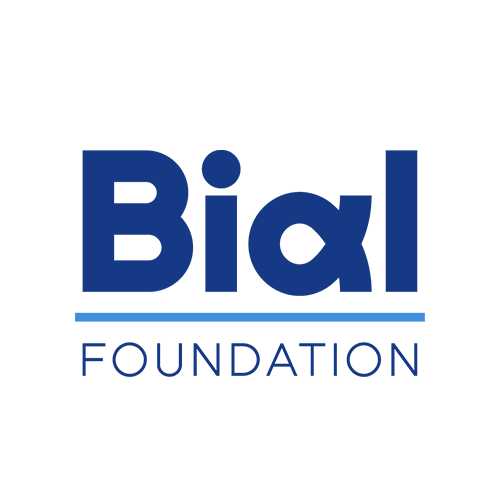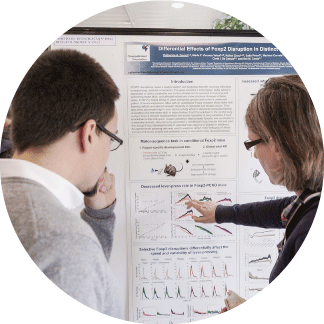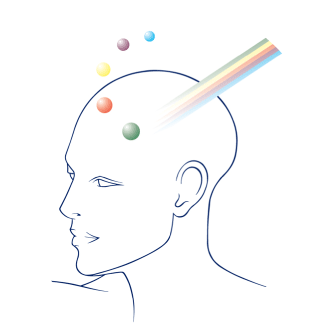News
Top Stories

Can experienced meditators voluntarily turn off their consciousness?
A study reveals that experienced meditators are able to voluntarily modulate their state of consciousness during meditation.
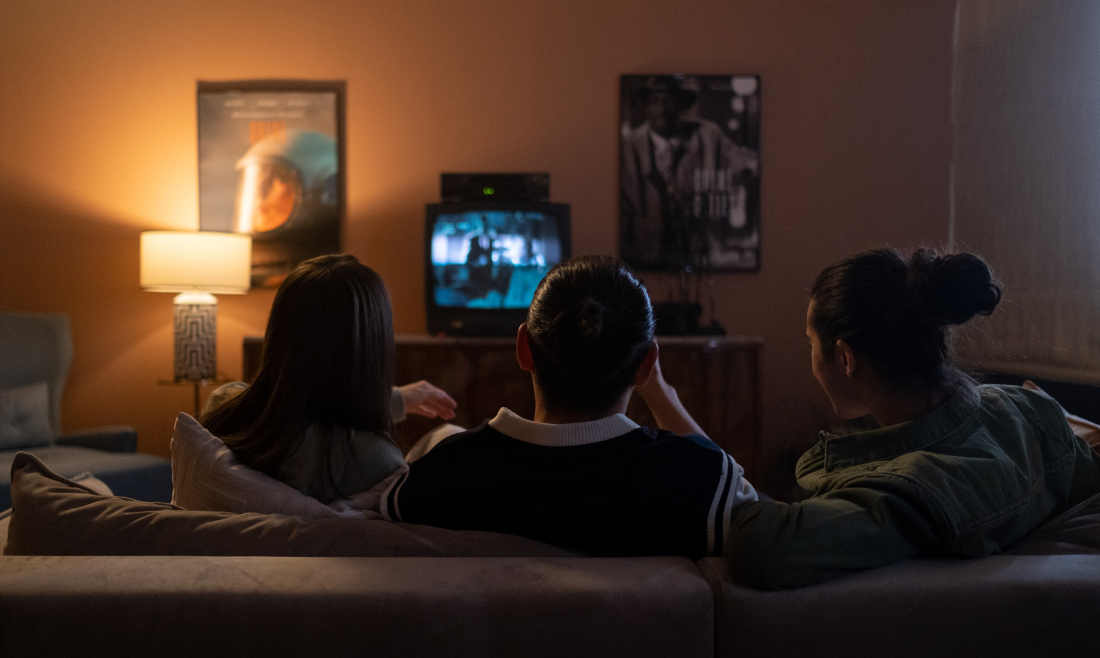
What do we remember from a movie varies with age?
Researchers evaluated how young adults and middle-aged recall detailed information from a movie after one week.

Is gratitude good for the heart?
A study reveals that gratitude may buffer the negative physiological consequences of stress and overall improve cardiovascular outcomes.
News
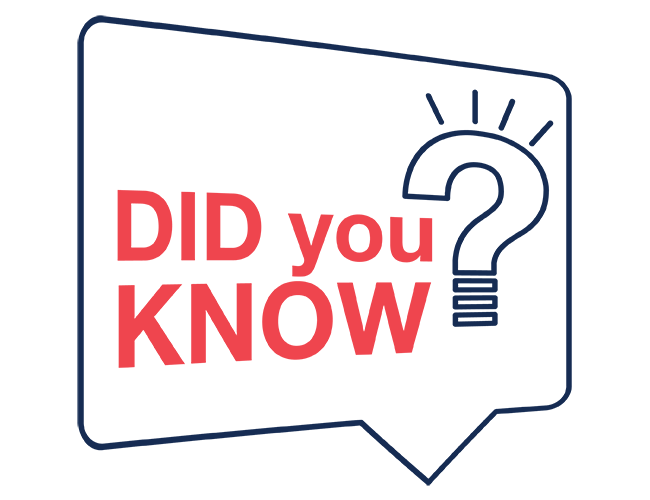
Did you know that the projects supported by the BIAL Foundation have led to over 2.000 scientific publications, many of them in prestigious journals?
Data from February 2025 reflect the impact of the BIAL Foundation's support: the 927 supported projects have already resulted in 2.141 papers published in indexed journals.
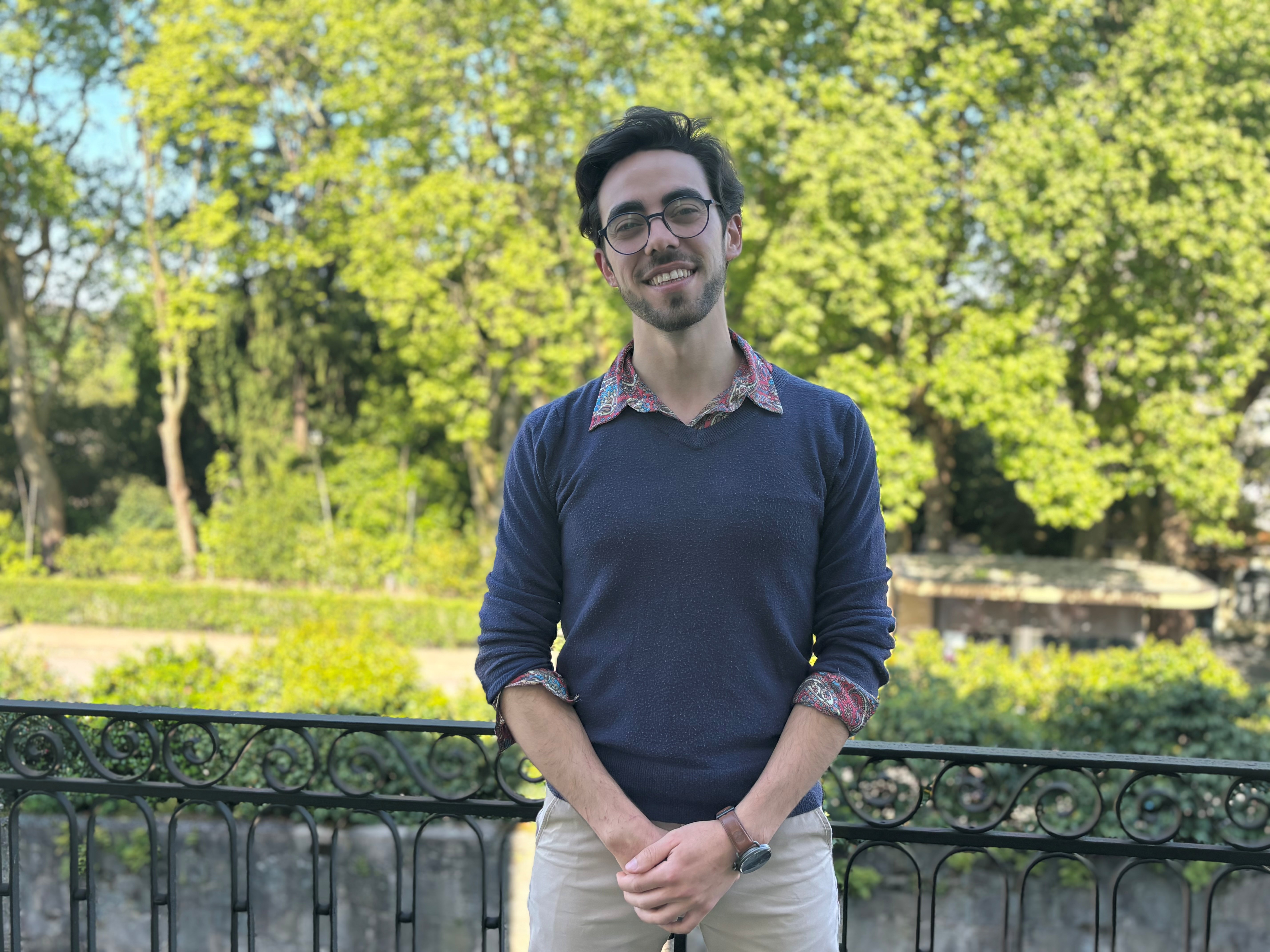
Nuno Grande Doctoral Scholarship 2024 has a winner
Leonardo Moço was the winner of the third edition of the Nuno Grande Doctoral Scholarship (BDNG) with a research project on haemato-oncology.
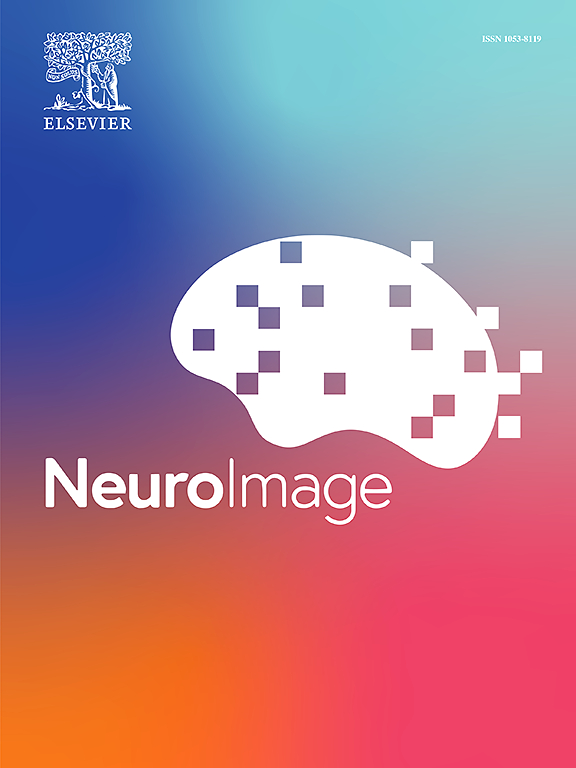
How does our brain organize past memories?
Episodic memory allows us to mentally relive moments from the past, retrieving details such as what happened, where, and when. However, the way we recall these events can vary, highlighting different aspects of the experience. Studies indicate that cued recollection simultaneously activates two essential brain networks: the DMN (Default Mode Network) and the FPCN (Frontoparietal Control Network). An investigation led by Matteo Frisoni analysed whether different memory dimensions – details of objects and characters, spatial layouts, temporal sequences, and verbal dialogues – are processed in specialized sub-regions within these networks and whether this differentiation influences recall performance. The results showed that the FPCN exhibited common activation for all memory dimensions, while the DMN revealed more pronounced specialization, especially in its posterior regions. Additionally, it was found that greater functional specificity within these networks was associated with better memory performance. The research also revealed an asymmetry in the DMN, with greater activation in the left hemisphere for all dimensions except the temporal, while the FPCN maintained balanced activation between hemispheres. This study offers a new perspective on how the brain organizes and optimizes our ability to recall past experiences. This study was supported by the BIAL Foundation, in the scope of the research project 384/20 - Schema-based temporal memory in parietal cortex (SCHETEMP), and published in the journal NeuroImage, in the article Specialization for different memory dimensions in brain activity evoked by cued recollection - ScienceDirect.


